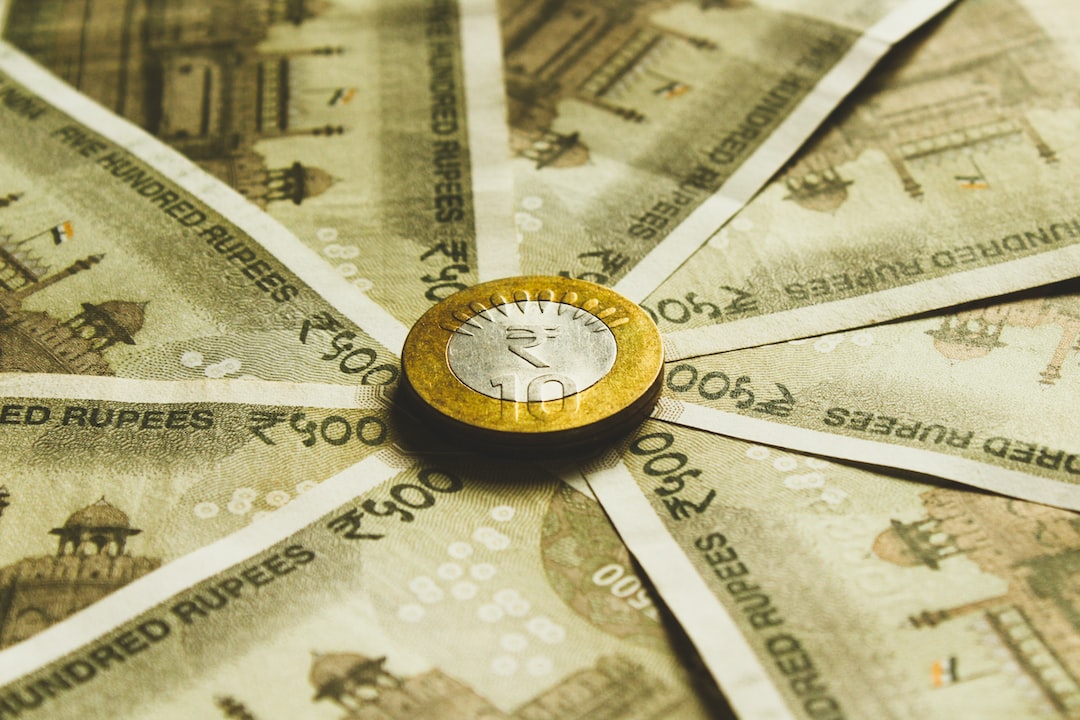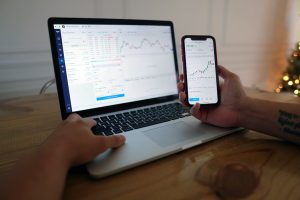In the world of foreign exchange trading or forex, it is possible to owe more than you put in. This phenomenon is commonly known as negative balance or negative equity, and it can occur due to several reasons. In this article, we will explore the various factors that can lead to negative balance and how traders can avoid it.
Firstly, it is essential to understand the concept of leverage in forex trading. Leverage is a financial tool that allows traders to control a large amount of money with a relatively small deposit. For instance, a broker may offer a leverage ratio of 1:100, which means that a trader can control $100,000 worth of currency with a deposit of $1,000. While leverage can increase potential profits, it also amplifies the risk of losses.
One of the most common reasons for negative balance in forex trading is overleveraging. When a trader uses too much leverage, even a small price movement in the opposite direction can wipe out their account balance. For example, if a trader with a $1,000 deposit uses a leverage of 1:100 and opens a position worth $100,000, a 1% price movement against them would cause a loss of $1,000, which is equal to their account balance. If the loss continues to increase, it can lead to negative balance, where the trader owes more than their initial deposit.
To avoid overleveraging and negative balance, traders should use leverage in moderation and always have a risk management strategy in place. This includes setting stop-loss orders to limit potential losses, diversifying their portfolio, and not risking more than 2% of their account balance on a single trade.
Another factor that can contribute to negative balance is a sudden and significant market event or a black swan event. These events, such as natural disasters, political upheavals, or unexpected economic data releases, can cause high volatility and price movements in the market. In extreme cases, the market can gap or jump over a significant price level, bypassing stop-loss orders and causing substantial losses for traders.
While traders cannot predict or prevent black swan events, they can mitigate the risk by using guaranteed stop-loss orders or avoiding trading during times of high volatility. Additionally, traders should keep an eye on economic and political events that can affect the market and adjust their positions accordingly.
Apart from overleveraging and market events, negative balance can also occur due to technical issues or broker malpractice. For example, a technical glitch in the trading platform can cause incorrect position sizing or execution, leading to unintended losses. Similarly, a broker that engages in unethical practices, such as price manipulation or stop-loss hunting, can cause significant losses for traders.
To avoid such issues, traders should choose a reputable and regulated broker that offers reliable trading technology and transparent pricing. Additionally, traders should always monitor their account balance and positions and report any discrepancies to their broker immediately.
In conclusion, owing more than your initial deposit in forex trading is a real possibility that traders should be aware of. While it can occur due to several factors such as overleveraging, market events, technical issues, or broker malpractice, traders can avoid negative balance by using leverage in moderation, having a risk management strategy in place, avoiding high volatility times, and choosing a reputable broker. By following these best practices, traders can minimize the risk of substantial losses and achieve long-term success in forex trading.





